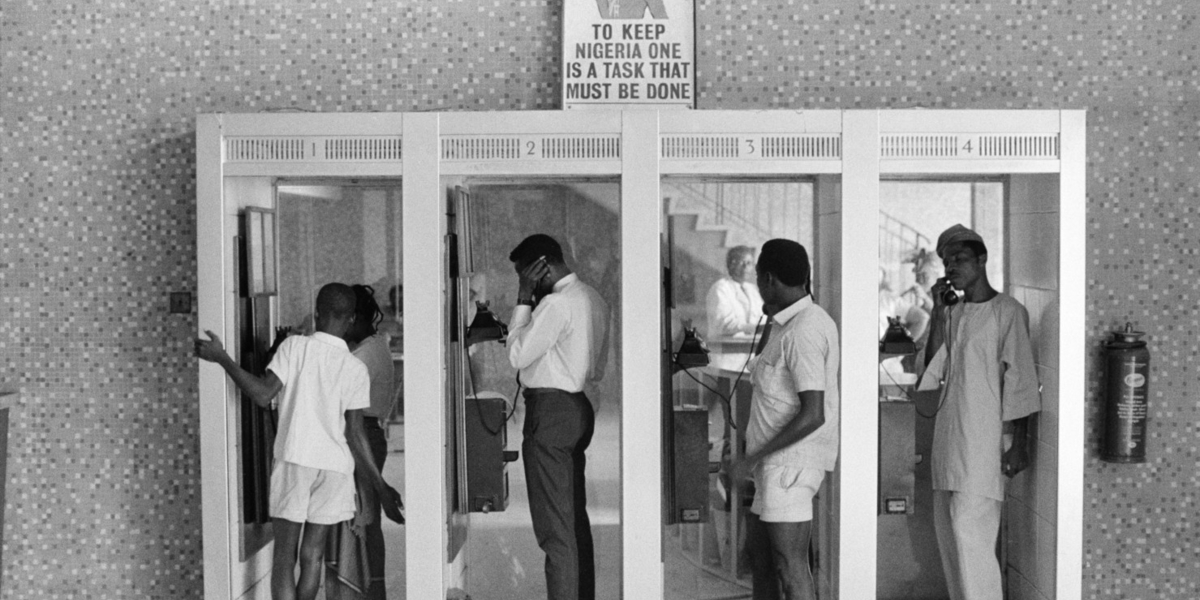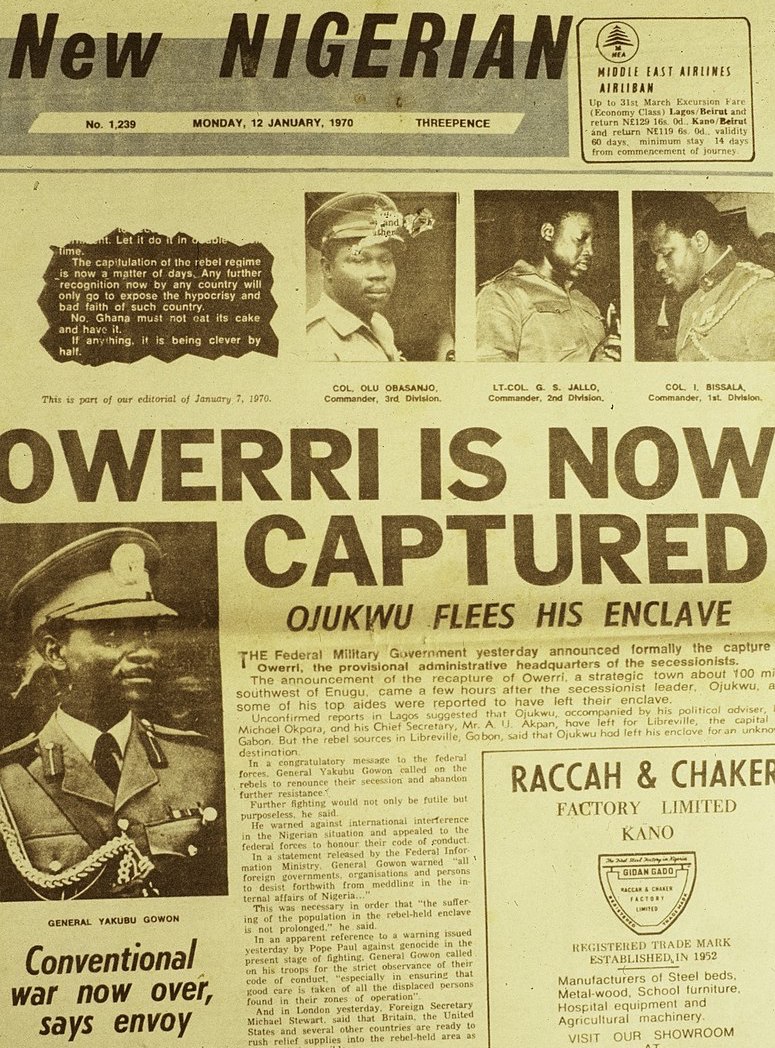Reference




OpenAI's Answer
The "No Victor, No Vanquished" politics after the 1958 Lebanon crisis was significant for several reasons:
-
National Unity and Coexistence: This political approach was employed to ensure that there were no outright winners or losers following the 1958 conflict, which was a time of significant civil unrest in Lebanon. By adopting this stance, Lebanon aimed to promote coexistence and national unity among its diverse religious and political groups, thus preventing further division or dominance by any single group (Source: Lebanon Unsettled).
-
Avoidance of Accountability: The "No Victor, No Vanquished" mindset led to a general amnesty declared in December 1958. This amnesty sidestepped accountability for the events leading to and during the crisis. It allowed the nation to move forward without assigning blame, thereby avoiding reopening wounds but at the cost of potentially deferring substantive reconciliation (Source: Yale Journal).
-
A Model for Future Conflict Resolution: This approach set a precedent for handling internal conflicts in Lebanon. It was revisited in later conflicts, including the Lebanese Civil War, as it was seen as a framework for resolving disputes without exacerbating sectarian tensions (Source: Primer on Lebanon).
In summary, the "No Victor, No Vanquished" politics was a pivotal strategy to maintain Lebanon's delicate sectarian balance and pursue peace through compromise, though not without its criticisms regarding justice and accountability.
Follow Up
Related
What impact did the 1958 Colts championship have on their legacy?
What controversy overshadowed the 1958-59 Ashes series in Australia?
What pieces did Lillian Fuchs perform live at the Harvard Musical Association on March 28, 1958?
How did American forces influence the outcome of the 1958 Lebanon crisis?